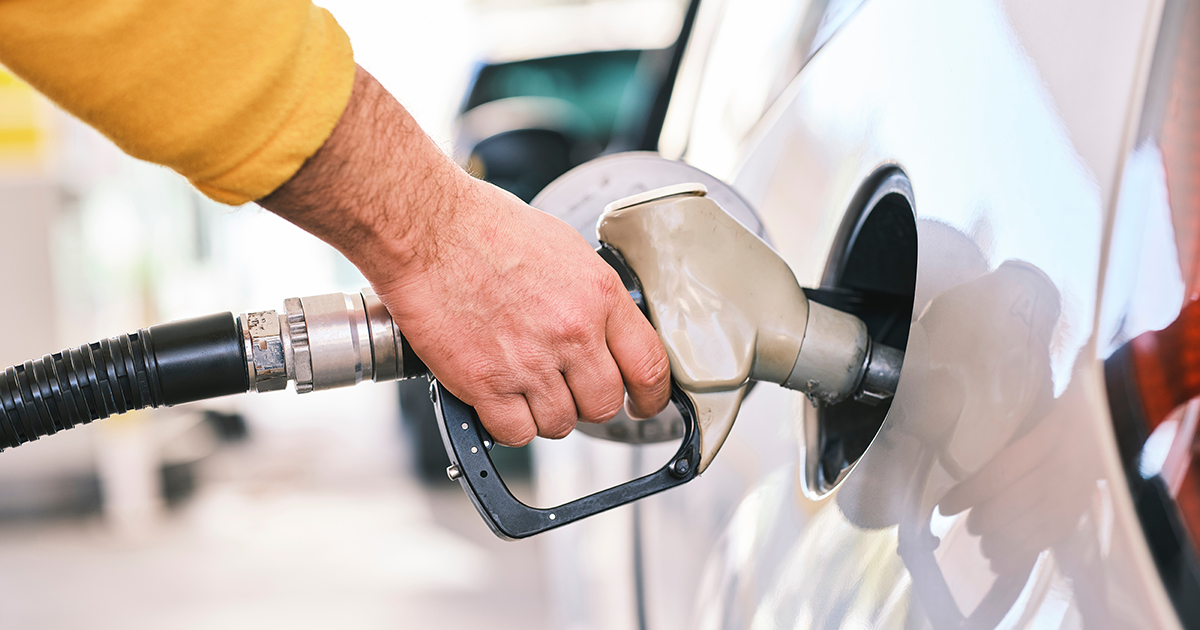Among the deductible expenses for self-employed are vehicle expenses, including the possibility of deducting gasoline. However, in order to deduct the purchase of a car or fuel, it is necessary to meet certain requirements.
Buying a new car
Individuals who have purchased a new car may deduct the VAT from said purchase if they use the car for the development of a professional activity .
The purchase of a vehicle is understood as the usual cash payment or financing, but also other formulas, such as renting or leasing.
The amount that can be deducted amounts to 50% of the amortization installments and financing interest and also half of the amount corresponding to VAT .
Professionals who carry out certain activities , such as the transport of people or merchandise, commercial agents, driving schools and security services may be able to deduct 100% of VAT . In order to do so, the vehicle must be in the name of a natural person.
Company car
Only legal persons may deduct the cost of the company car used by one or more employees of a company. Therefore, the self-employed are left out of this possibility .
Gas
A common expense that all the self-employed tend to have is the fuel necessary for trips to make purchases or visit clients. If certain requirements are met, it can be fully deducted in the IRPF and 100% or 50% in the VAT.
Requirements to deduct fuel expenses if you are self-employed
To deduct fuel expenses if you are self-employed, it is necessary to meet the following requirements :
- register the expenses to be deducted in the corresponding accounting books.
- Keep supporting documentation of fuel expenses where all amounts are clearly visible.
- There must be a direct relationship between the expense to be deducted and the development of the professional activity on your own.
Deduction of 100% of fuel expenses in VAT
The VAT on expenses related to gasoline or diesel may be deducted 100% in the following cases :
- When the surveillance services take over the car from which the fuel cost will be deducted.
- If the manufacturer uses it for demonstrations, tests, trials or promotions.
- Whenever the vehicle is used to transport people or goods .
- When commercial agents or representatives use it for their professional acts.
- If the vehicle is used to transport travelers or give classes to drivers in exchange for consideration.
Deduction of 50% of fuel expenses in VAT
When a self-employed person is not in any of the above cases , 50% of the fuel VAT may be deducted as long as the invoice is in the name of the natural person and the vehicle is used for professional purposes , even if the vehicle is not owned by them.
Fuel deduction in personal income tax: 0% or 100%
The Personal Income Tax works very differently from VAT. In this case, the Tax Agency only allows deducting the entire amount both in the purchase of the vehicle and in the fuel.
In order to deduct 100% of these amounts, it is necessary to demonstrate that it has been used exclusively for the activity . Proving that the vehicle has not been used personally is very complicated, so it is advisable not to deduct any amount related to the vehicle or fuel from personal income tax if an activity related to transport is not carried out, such as taxis, delivery drivers. or driving school teachers. In the case of these activities, all expenses related to the vehicle used to develop it may be deducted.
Justification of fuel expenses
Like any expense related to economic activity, fuel expenses must be justified in order to be able to deduct them .
If you have the invoice and it is correctly registered , the process will be simple but, otherwise, the issue is much more complex. To justify these expenses, there are some tests that can be presented in case there is no invoice:
- Audios with relevant information.
- Bank transfers to pumps or fuel dispensers.
- Text messages or through applications such as WhatsApp.
- Photographs showing related information.
- Parking tickets where the registration of the vehicle is reflected.
- Kilometer records .
- Budgets sent to clients.
- Agendas with appointments for visits.
As we have seen, deductible vehicle expenses for the self-employed are mainly the purchase of a new car and the fuel necessary for trips made during economic activity. In the case of VAT, both the purchase of the vehicle and the cost of fuel can be deducted at 50% or 100% depending on the activity carried out. In personal income tax, only the self-employed who carry out activities directly related to transport can deduct the total amount.
Solve your doubts
✅ Our staff speaks perfectly Spanish, Valencian, English and German with what will be able to communicate with us in your own language and thus clearly resolve your queries.
📍 Denia – Plaza del Convento, 6 – Mezzanine floor door B
📍 Valencia – Calle Creu Roja, 1 – Block 6, Floor 1, door 10 (* only by appointment)
✉📞 Contact: info@firmalex.com – Tel. +34 966 421 416 – Whatsapp +34 622 497 615



